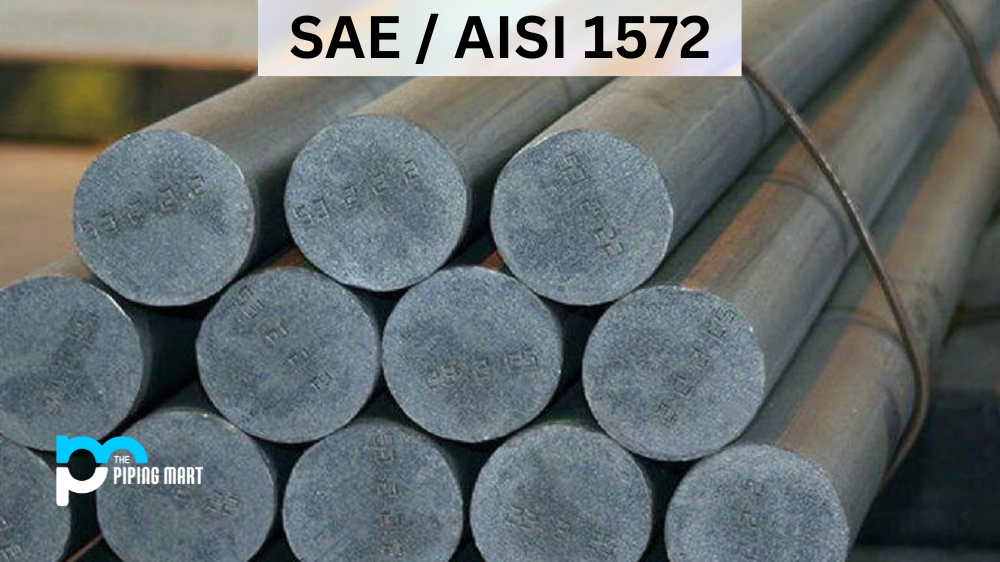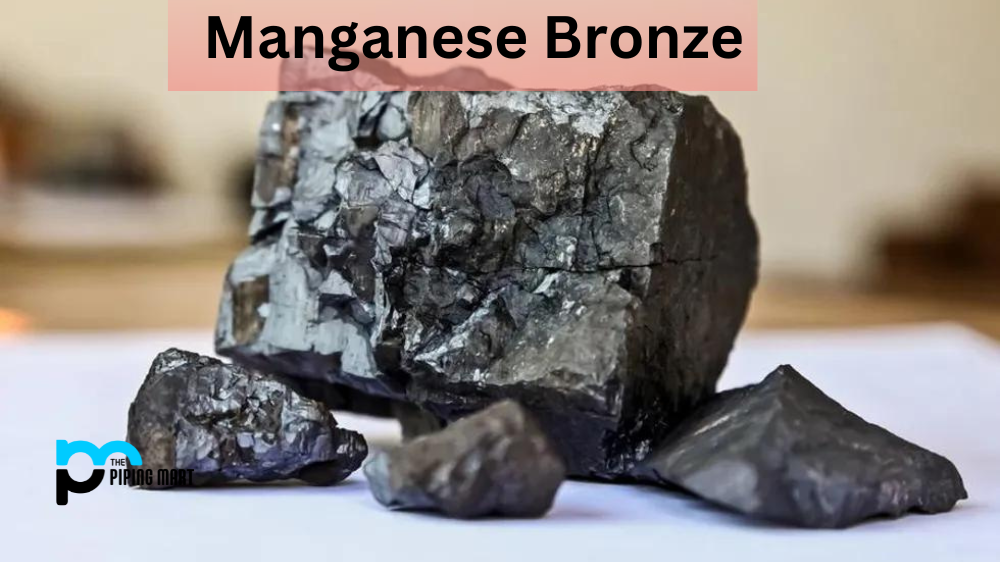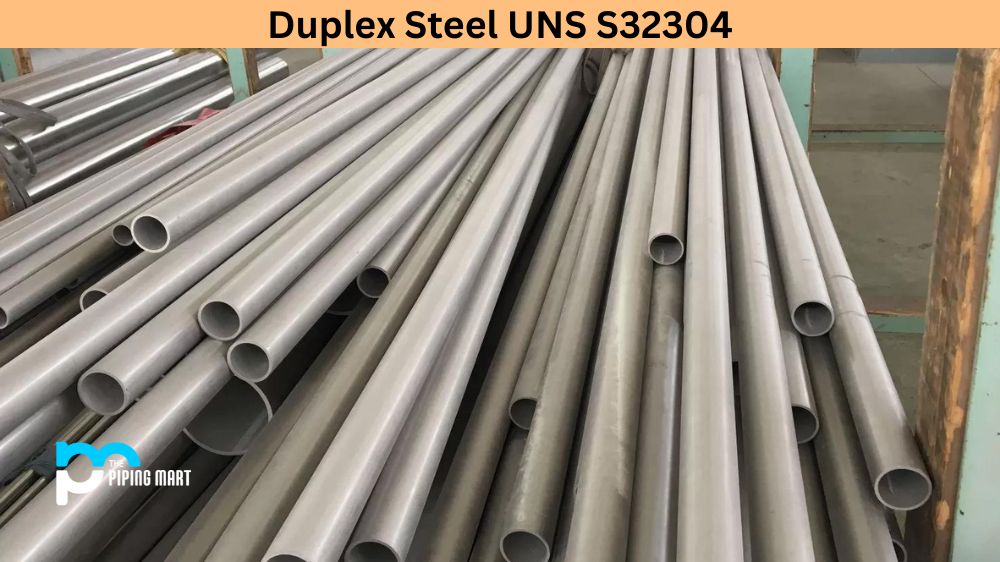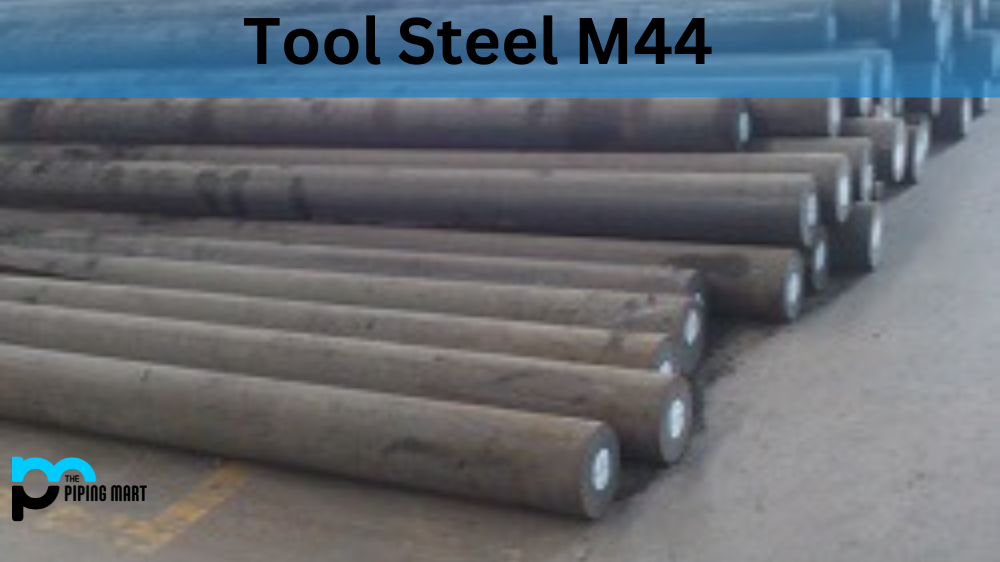SAE/AISI 1572 is a high carbon, low chromium alloy that combines superior wear resistance with a good level of corrosion resistance. It is one of the most commonly used alloys in the manufacturing and machining industries due to its combination of properties. SAE 1572 Carbon Steel, also known as UNS G15720, is a high-strength, low-alloy steel widely used in the industrial world. This type of steel is primarily composed of iron, carbon, and other elements such as manganese, phosphorus, and sulfur. It is known for its exceptional toughness and tensile strength, making it an excellent choice for various applications, including construction, automotive, and manufacturing. SAE 1572 Carbon Steel is particularly popular in high-stress environments where the strength of the material is critical for safety and reliability. Overall, the composition and properties of SAE 1572 Carbon Steel make it a valuable material in many industrial applications. This article will provide an overview of the uses and benefits of SAE/AISI 1572, as well as a look at its corrosion resistance, heat resistance, heat treatment, machining, and welding processes.
What Forms of AISI 1572 is Available at Piping Mart?
- Nut
- Bar
- Bolt
- Pipe
- Screw
- Tubing
- Valves
- Washers
- Flanges
- Fasteners
- Electrodes
- Stud Bolts
- Sheet Plates
- Pipe Fittings
- Forged Fitting
- Instrumentation Fittings
AISI 1572 Composition
| Component Elements Properties | Metric | English | |
|---|---|---|---|
| Carbon, C | 0.65 – 0.76 % | 0.65 – 0.76 % | |
| Iron, Fe | 97.6 – 98.2 % | 97.6 – 98.2 % | |
| Manganese, Mn | 1.0 – 1.3 % | 1.0 – 1.3 % | |
| Phosphorus, P | <= 0.040 % | <= 0.040 % | |
| Silicon, Si | 0.15 – 0.30 % | 0.15 – 0.30 % | |
| Sulfur, S | <= 0.050 % | <= 0.050 % |
AISI 1572 Physical Properties
| Physical Properties | Metric | ||
|---|---|---|---|
| Density | 7.85 g/cc | 0.284 lb/in³ |
AISI 1572 Mechanical Properties
| Properties | Conditions | ||
| T (°C) | Treatment | ||
| Density (×1000 kg/m3) | 7.7-8.03 | 25 | |
| Poisson’s Ratio | 0.27-0.30 | 25 | |
| Elastic Modulus (GPa) | 190-210 | 25 | |
AISI 1572 Uses
SAE/AISI 1572 is an alloy that has many practical uses in the manufacturing and machining industries. It is often used for making cutting tools such as drills, saw blades, reamers, taps, dies and files. The hardness and strength of this alloy also make it ideal for use in high-wear parts such as gears, shafts and bearings. In addition to these applications, it can also be used to make highly durable moulds for casting metals and plastics.
AISI 1572 Uses in Industries
Construction Industry
One of the main uses of AISI 1572 steel is in the construction industry. This type of steel is commonly used for structural applications, such as beams, columns, and other load-bearing components. Its high strength and durability make it a popular choice for buildings, bridges, and other structures that require strong support.
Automotive Industry
AISI 1572 steel is also widely used in the automotive industry. It is often used to manufacture various parts and components, such as chassis frames, axles, and suspension systems. Its high strength-to-weight ratio makes it ideal for use in vehicles where weight reduction is necessary for improved fuel efficiency.
Oil and Gas Industry
The oil and gas industry also utilizes AISI 1572 steel in various applications. Its high tensile strength and corrosion resistance make it suitable for pipelines, drilling equipment, and offshore platforms. It can withstand harsh environments and extreme temperatures, making it a reliable choice for this industry.
Aerospace Industry
In the aerospace industry, AISI 1572 steel is commonly used to manufacture aircraft components such as landing gear, engine mounts, and structural supports. Its high strength and ability to withstand fatigue make it a crucial material for ensuring the safety and reliability of aircraft.
Defence Industry
Due to its exceptional strength and toughness properties, AISI 1572 steel is also used in the defence sector to manufacture military vehicles, weapons systems, armour plates, and other critical components that require high performance under extreme conditions.
AISI 1572 Corrosion Resistance
Corrosion resistance is another important property that makes SAE/AISI 1572 a versatile alloy. Its low chromium content prevents oxidation from occurring on the surface when exposed to air or water. This makes it resistant to rusting and corrosion even in environments with high humidity or saltwater exposure levels. As such, it can be used in many maritime applications where other materials may not be suitable.
AISI 1572 Heat Resistance
Like any metal alloy, SAE/AISI 1572 has a melting point that must be taken into consideration when using it in applications where high temperatures are present. The melting point for this particular alloy is around 2200°F (1205°C). Although this temperature is still below that of some other common alloys, such as stainless steel or titanium alloys, it is still important to limit exposure time at high temperatures so as not to permanently damage the structure or integrity of the material itself.
AISI 1572 Heat Treatment
In order to maximize its performance characteristics, such as hardness and strength, while minimizing brittleness or risk of fracture during use under load conditions, heat treatment processes are often required after manufacturing parts from this alloy. Heat treatment involves subjecting the part to specific temperatures over a set amount of time before cooling it down slowly to complete the process. Depending on the desired outcome, different methods can be utilized, including normalizing (slow cooling), quenching (rapid cooling) or tempering (controlled cooling).
AISI 1572 Machining
Due to its relatively hard structure compared to some other alloys available on the market today, machining parts from this material requires more precise equipment than standard machines used for softer materials like aluminium or copper alloys. Speciality tools, such as reamers, drills, taps, end mills, etc., are generally needed in order to achieve smooth finishes without damaging the workpiece. Additionally, higher speeds may be necessary compared with other materials due to their increased hardness which can cause excessive wear if not monitored properly during operation.
AISI 1572 Welding
Welding operations with this material require extra caution due to its hard structure, which can create difficulties when attempting fusion welds between two pieces. The best option for welding this material is TIG welding which offers superior control over heat input during welding compared with MIG welding, which could potentially lead to cracking if not done properly. Additionally, proper preheating prior to welding should always be done prior in order to ensure proper adhesion between both pieces being joined together.
Conclusion:
Overall, SAE/AISI1572 offers superior wear resistance combined with good corrosion protection, making it ideal for many industrial applications requiring long service life while maintaining structural integrity over time. From cutting tools, shafts & bearings, moulds & dies – there are multiple ways manufacturers can take advantage of this material’s unique properties depending on their end goals & objectives. With proper care & maintenance throughout the fabrication & post-fabrication processes, manufacturers can enjoy consistent quality products produced from this tough yet malleable metal alloy.

Abhishek is a seasoned blogger and industry expert, sharing his insights and knowledge on various topics. With his research, Abhishek offers valuable insights and tips for professionals and enthusiasts. Follow him for expert advice on the latest trends and developments in the metal industry.




